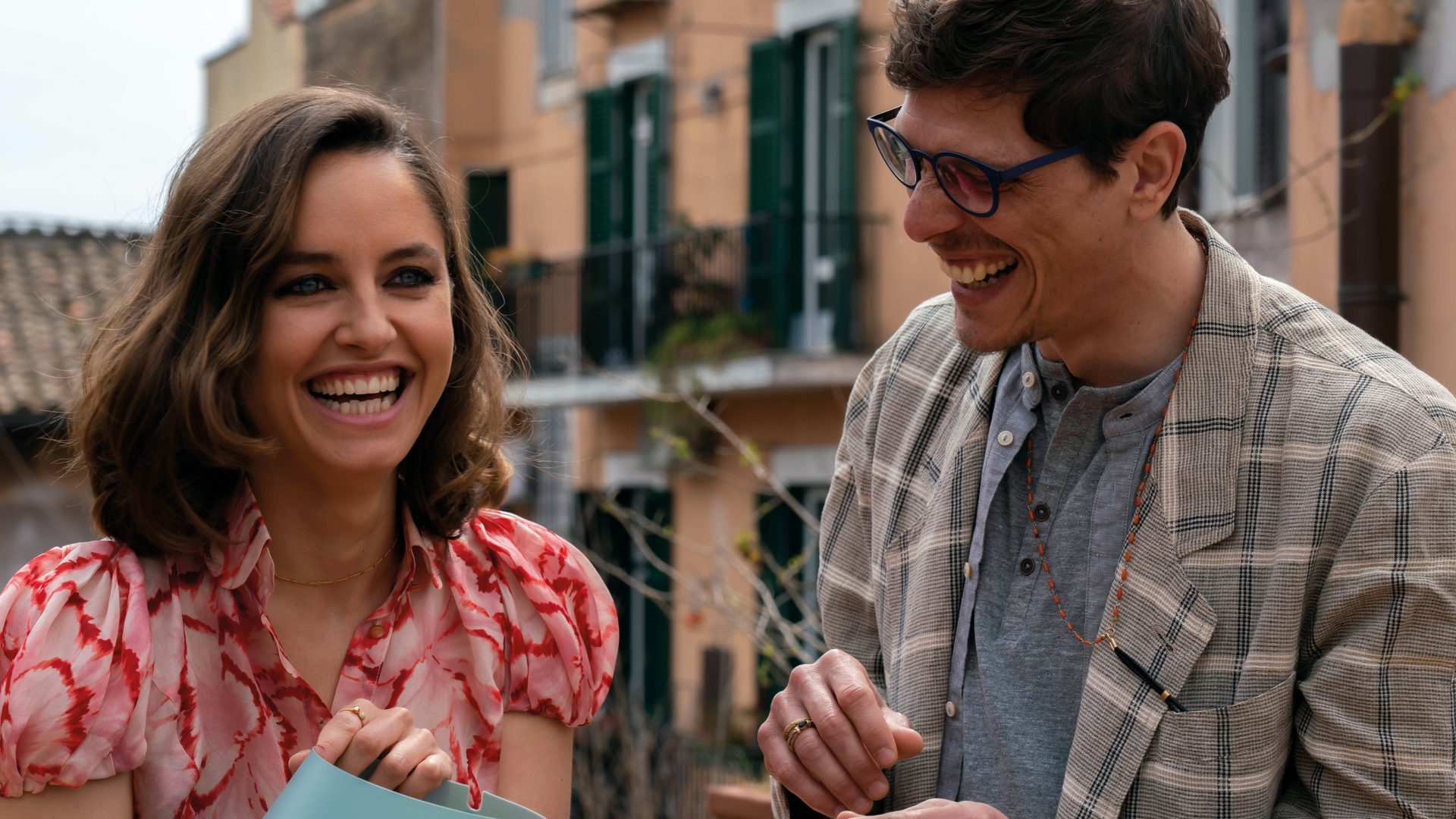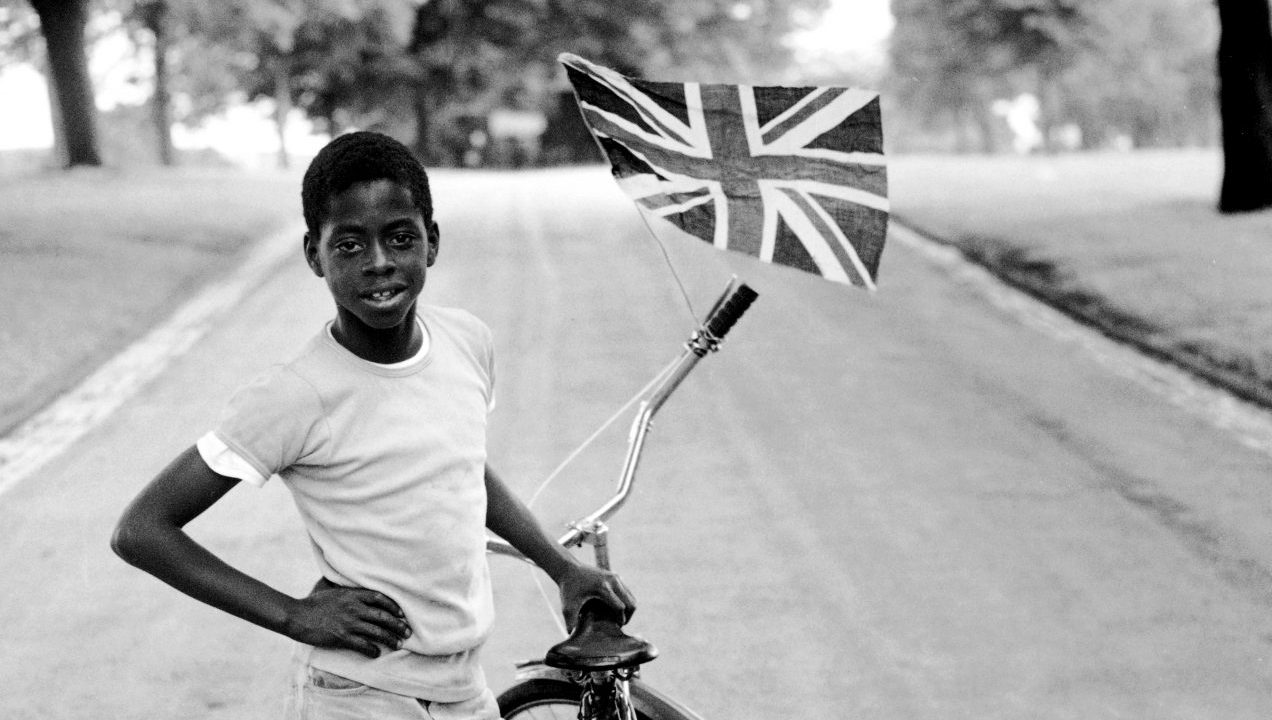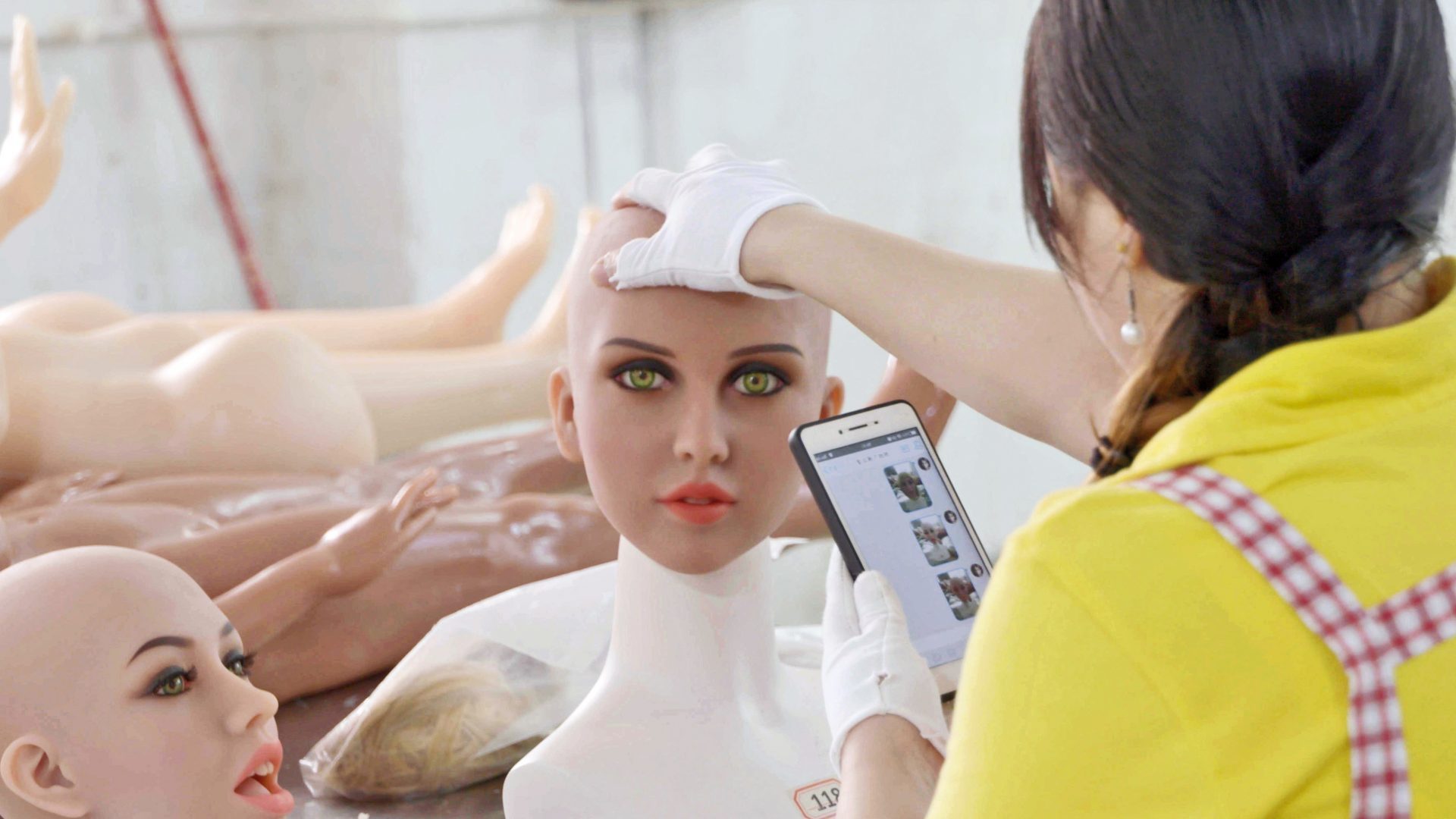There are some lyrics by Arthur Lee of the 1960’s psychedelic garage rock band Love which have long beguiled me. They say:
“I heard a funny thing/Somebody said to me/You know that I could be in love with almost everyone/I think that people are/ The greatest fun”
It’s up for debate whether the narrative voice here is celebrating or condemning the idea of being able to love almost anyone, but regardless I still feel excitement when I hear this song, because it gets at something I’ve thought for a long time but rarely hear reflected in art about love.
The idea of soulmates has never seemed either realistic or even especially aspirational to me. Talk of “The One” and “the love of my life” seems somehow inaccurate to me, even when I have no other way to express that I would like to be with my partner for as long as he’ll have me, up to and including our deathbed goodbyes, please.
This is because I don’t really find it a convincing proposition that if I’d never met him then I would have gone through life alone and miserable. I would have loved someone else, if not for my whole life then for a time, and if that one didn’t work out I’d have loved another person. I too think that people are the greatest fun. They aren’t interchangeable, but there are loads and loads of good ones, and none of them were designed for me especially or have the unique capacity to fulfil me, even the really wonderful one I’ve been lucky enough to find and love right now.
All this being an issue I think about quite a lot, I was especially well primed for Italian romance film Four To Dinner; Quattro Metà in its original title. The film’s central idea is strong, and I am all for a high concept rom-com; bring me your 13 Going on 30, your What Women Want, even your Kate and Leopold.
I am also helpfully convinced that Italy is the greatest place on earth and Italians the most tantalisingly charismatic people alive. In a fairly but not unforgivably clunky story-within-a-story set-up, we see a married couple (Flavio Furno and Marta Gastini) tell their dinner guests how they set up some friends of theirs into two couples. But – twist! – they tell
multiple versions of the dynamics involved, not revealing which is the
true story. In this way we watch two timelines play out with varying pairings, which come together or don’t as a result of incidental quirks of circumstance and timing.
Does Giulia (Matolde Gioli), the ball-busting mathematician in a series of ever-tightening pencil skirts, begin a slow-burn relationship with Dario (Giuseppe Maggio) the lawyer, who matches her no-strings approach until they both start to accidentally fall in love? Or is it his pal Matteo (Matteo Martari), an offbeat and laidback editor at a publishing house, who gets her pregnant after a hook-up and ends up in an unexpected marriage?
And what of doe-eyed anaesthesiologist Chiara (Ilenia Pastorelli)? Wouldn’t her more conventional and supplicant spirit be better suited to Matteo and his desire for a sweet romance which follows the usual timelines? Or is it that her honest, grounded nature makes her a perfect foil for the bad boy lothario Dario?
It’s essentially a Sliding Doors re-jig, with the variant couplings introducing the pivotal question – are any two people meant to be together, or is it just a matter of timing? Could we all in fact be well matched with any number
of people?
To which the answer appears to be: well, yeah, sure, if you’re all this amazingly attractive. There is no earthly reason why any of the four would not fancy the others, leaving only the matter of differing personalities to contend with.
This issue is neatly sidestepped by failing to actually give them distinct characters. These are not renditions of real people in any serious sense. There is a timid attempt to make them instead into types, but even these are flimsy.
The two women, in particular, are initially presented as totally divergent – Giulia headstrong and aggressive, Chiara magnetically benevolent and sweet – but in effect they are no different from one another aside from one seeming a bit more career-focused than the other. They are both nice, intelligent, sexy, caring women. No wonder they easily slot in and out of whatever relationship the film pops them into.
The men are almost as easily sorted. Dario, the apparently cold-hearted pragmatist who turns out to be soft and soppy, and Matteo, the nice guy goofball who turns out to be a bit of a rum shagger in all timelines and universes, cheating on both Giulia and Chiara with his colleague in London and confessing to them both at inappropriate times (shopping for clothes for their unborn baby with Chiara, at their son’s birthday party with Giulia).
None of the four are all that likeable or engaging despite being played by
charismatic actors with easy chemistry. Matilda Gioli as Giulia comes closest to hammering something authentic out of her limp script, an appealingly wild and vulnerable look coming into her expressive eyes and capturing something beyond the basic tropes.
If the film were a bit better I might have by now worked up the energy to complain that it is also edited in such a minimal way that I was often momentarily confused about what timeline we were in and who was married to whom. No formal demarcations show you where one begins and another ends, so we find ourselves entering a store with the Chiara-and-Matteo couple and leaving it with the Giulia-and-Matteo set up.
By the time this was happening, though, I had already lost interest in who was who and who they were with. The wonder of circumstance is a good plot device, but a good film needs circumstance to interact with characters, with people, and this one does not. At 90 minutes, this is an okay way to divert yourself while you wait for dinner to be ready on a weekday, but I wouldn’t advise it.
Four To Dinner is streaming now on Netflix.




